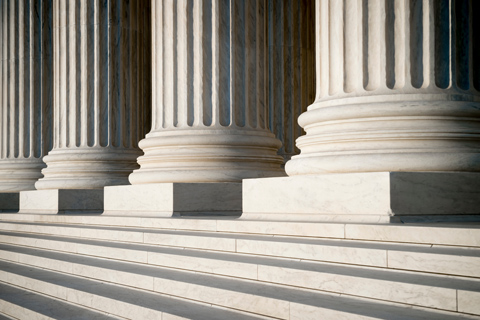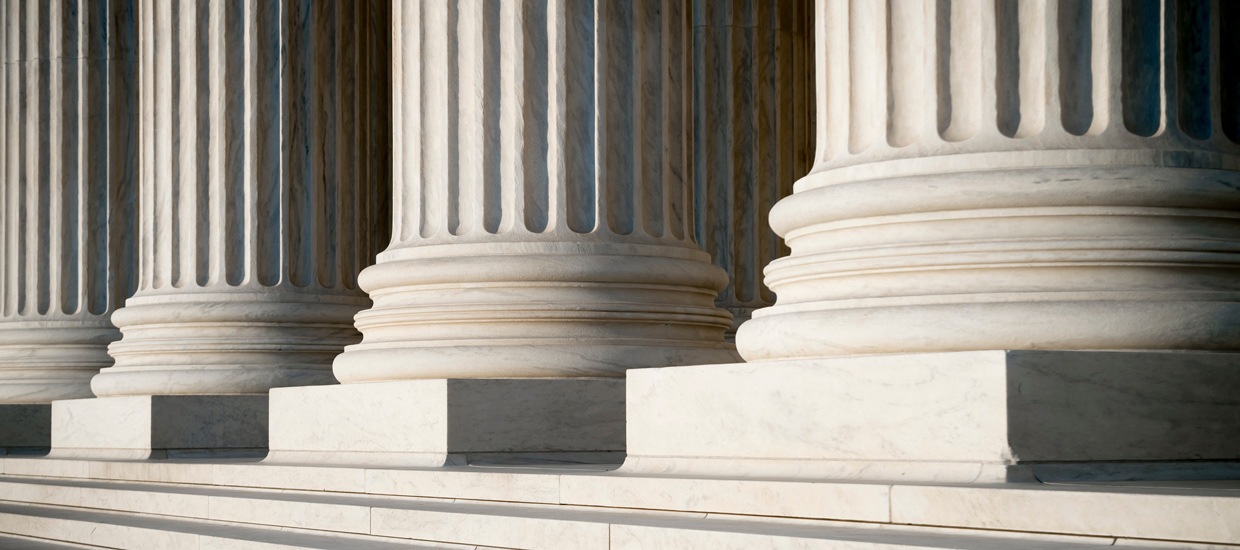A judicial clerkship is a highly regarded post-graduate job that lasts for a term (usually one or two years) and provides an excellent launch pad for competitive positions in both the private and public sectors. A judicial clerkship provides direct insight into the judicial process and is a valuable and enriching experience.
In fact, a clerkship is often considered a continuation of one's legal education, providing a recent law graduate with many of the tools necessary for a successful legal career The duties of a judicial clerk vary somewhat depending on the judge and the type of court in which he/she sits. Typical tasks, however, include:
- reviewing pleadings and briefs
- conducting legal research
- writing memoranda, and drafting opinions and orders
- editing, proofreading, and providing oral briefings to the Judge
- observing court proceedings
- providing other assistance to the Judge
Law clerks also are exposed to the methods and customs of practitioners, including the quality of their written work and oral advocacy skills. Many former law clerks find that the prestige and experience associated with service as a judicial law clerk broadens their future employment opportunities
OCPD Judicial Clerkship and Judicial Internship Guides
Timing
It is important for students to note that some federal and state court judges begin hiring as early as the 2L year, so it is never too early to begin thinking about and researching judicial clerkship opportunities. Judges throughout the country also hire experienced attorneys, therefore, there are many opportunities year-round for alumni who wish to pursue a judicial clerkship.





